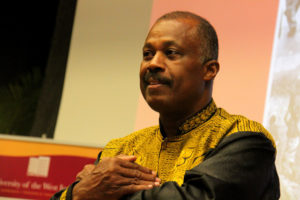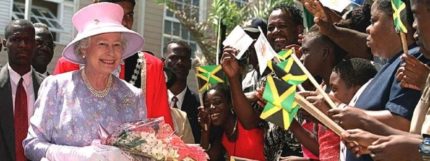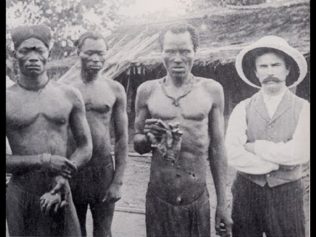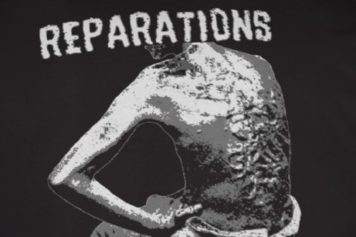BASSTERRE, St Kitts — The quest for reparations should be tied into a more holistic life for Caribbean people, according to Dominican activist Athie Martin.
Martin has been commenting on the Caribbean Community (CARICOM) initiative which demands that the European nations that profited from the trans-Atlantic slave trade pay reparations to Caribbean states.
“Because I do believe that while it’s important to call for reparations, we must be careful not to call for it in a way that will deepen the dependency and the enslavements of the mind of our people, where we would think that somebody owes us this, so in some peculiar way we would find ourselves being excused from the task of completing the liberation struggle begun many, many centuries ago,” Martin said.
One of the key proponents of reparations is vice chancellor of the University of the West Indies Professor Hilary Beckles, in his capacity as chairman of the Caribbean Reparations Commission.
Beckles argues that the region has to repair the damage caused by the colonial powers during slavery, especially in the areas of education and health.
“Caribbean governments today are spending up to 70 or 80 percent of their expenditure on education and health. Why? Because after 300 years, the British have left Caribbean peoples illiterate and unhealthy. After 300 years of taking their labor, exploiting their labor and enriching themselves to build themselves into the most powerful nation on earth, they have left the Caribbean peoples illiterate and unhealthy, which means that the governments today now have to clean up illiteracy and clean up the ill health, do not have the resources to do it,” he says, turning to Jamaica as an example.
“After 300 years, the British left Jamaica with 80 percent of its people illiterate. When Jamaica went into independence… in 1962, 80 percent of the people were functionally illiterate, and then you say to Jamaica with their 2 million people, ‘Go and develop.” There is no nation on this planet, using any method of economic development that could transform a society with 80 percent illiteracy into a developed nation in 50 years. It is impossible,” Beckles insists.
An equally key argument, the leading academic contends, is the health situation that he also blames on the Europeans. He says the history of the explosion of chronic diseases in today’s Caribbean can be traced back to slavery.
According to Beckles, available statistics show that 60 percent of Black people in the Caribbean over the age of 60 have hypertension or diabetes or both.
“There is an explosion of ill health in the Caribbean, and this is a legacy of slavery and colonization…You take a people, put them on an island for 300 years, give them salt fish and salt pork every day, overwork them, undermine them, sell their children, rape their wives, make them work 20 hours a day, overwork, malnourish, and take them through that stress…profile of physical and mental terror, and what you get? Hypertension and diabetes,” Beckles asserts.
Martin, an agronomist by profession, says he respects the arguments being put forward by the Caribbean Reparations Commission chairman; however, he insists that any thrust towards reparations should also embrace moves to free the Caribbean mind from mental slavery.
“I ask myself what do we do, when… that reparation formula gets agreed to? Have we… adjusted our mindset sufficiently to understand that it’s not a pill that we must buy from the pharmacy to fix our diabetes, but that it’s our diet, our lifestyle, our consumption habits, our production systems… have we made those connections to what would be the only sustainable and permanent and long-lasting… responses and answers to the legacy of slavery?” Martin asked.
Read the full story at caribbeannewsnow.com



